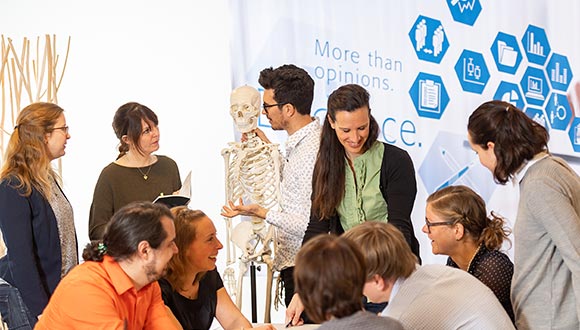Educational events
Trauma Think Tanks
This year, Think Tank for experienced surgeons and the Think Tank for New Practicing Surgeons are scheduled to be held simultaneously at OneAO, 2024 on Thursday, April 4th in Phoenix, Arizona. The primary goals of the meetings are sharing our collective knowledge of difficult problems related to Orthopaedic trauma, mentoring and development of experienced AO Trauma NA Faculty, and carrying on the tradition of the AO. As before, all surgeons invited will be both a teacher and a participant for this course. The overall structure will be using a Discussion Group format to facilitate the sharing of thoughts and ideas.
Co-Chairs:
New Practicing Surgeons:
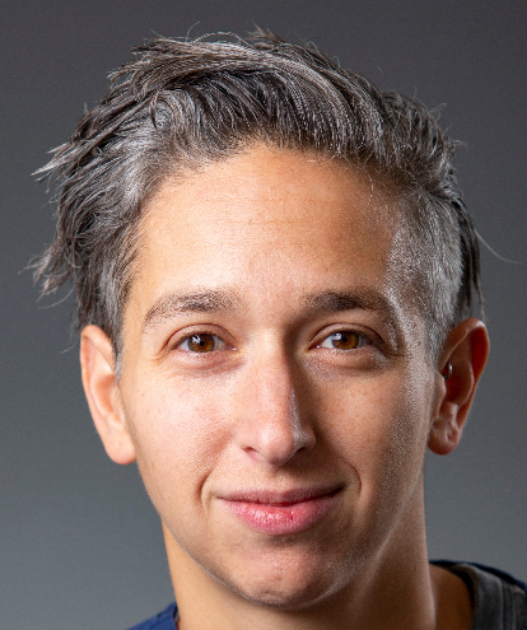
Leah Gitajn, MD, MSc
Associate Professor
Orthopaedic Trauma Surgery
Dartmouth Hitchcock Medical Center
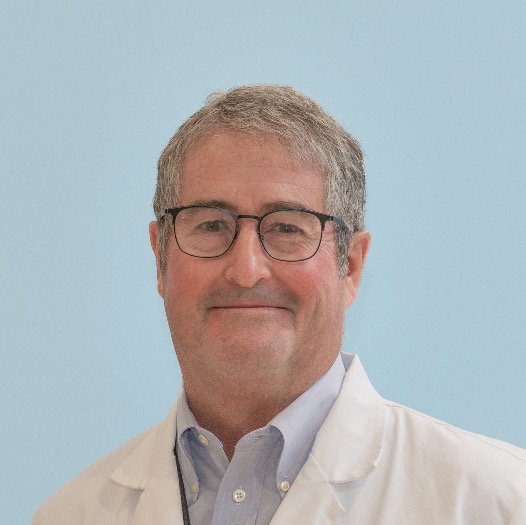
David Hubbard, MD
Professor
Chief, Section of Orthopaedic Trauma
Program Director
Department of Orthopaedic Surgery
West Virginia University
Experienced Surgeons:
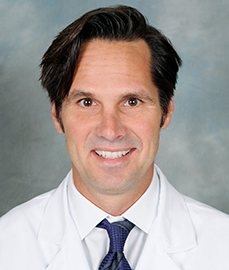
Sean Nork, MD
Professor
Department of Orthopaedics
Harborview Medical Center
University of Washington

Thomas F. Higgins, MD
Professor
Chief of Orthopaedic Trauma
University of Utah Health Sciences Center
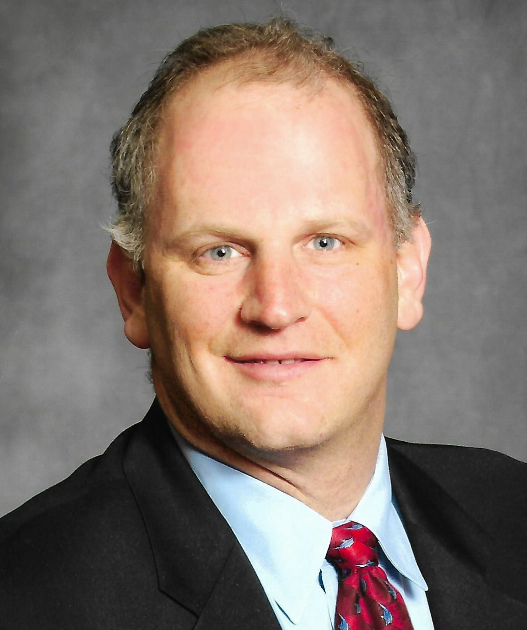
Michael Sirkin, MD
Orthopaedic Trauma
Lehigh Valley Orthopedic Institute
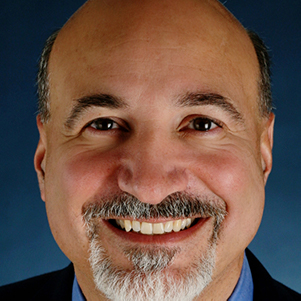
Michael Miranda, MD, M Div.
University of Connecticut
Bone and Joint Institute/Hartford Hospital
Special programming – 3D printing
3D printing has seen key developments over the last 20 years, including the rapid production of bone replicas and drilling/cutting guides. These developments enhance the planning and management of complex orthopedic patients. However, 3D printed bones and guides are used by a minority of clinicians. There is a clear need to teach the principles and applications of 3D printing to veterinary orthopedic surgeons.
3D printing emerged from engineering. 3D printing requires specific hardware and software. A wide range of 3D printing machines is available. Specific software programs enable the transfer of medical data for reconstruction, processing, design, and 3D printing. Medical 3D printing has requirements that are distinct from hobby or industrial 3D printing. Veterinary surgeons are mostly unfamiliar with hardware and software options and requirements for 3D medical printing. Textbooks or educational articles are not available.
Upon completion, participants will be able to:
• Transfer CT DICOM data into segmentation software
• Create and process 3D files
• Select a specific 3D printing process matching patient needs.
• Import file into 3D printer and print a replica.

